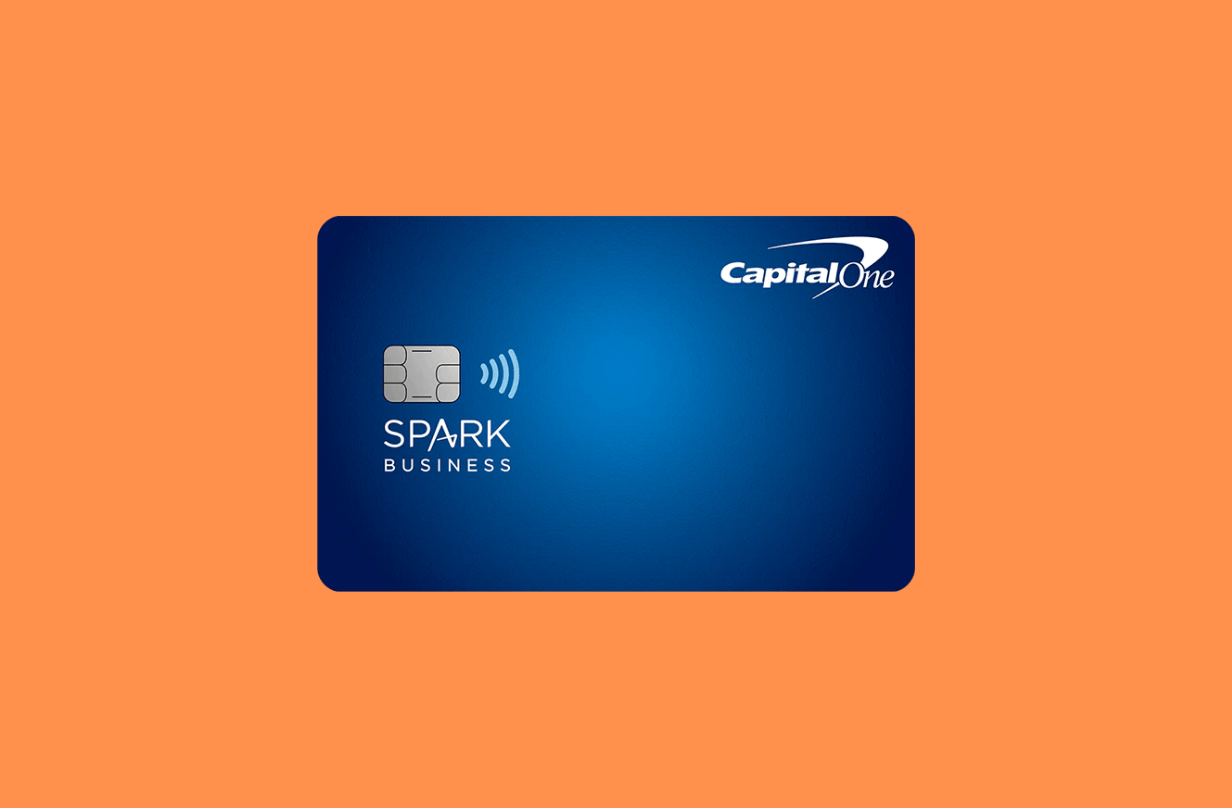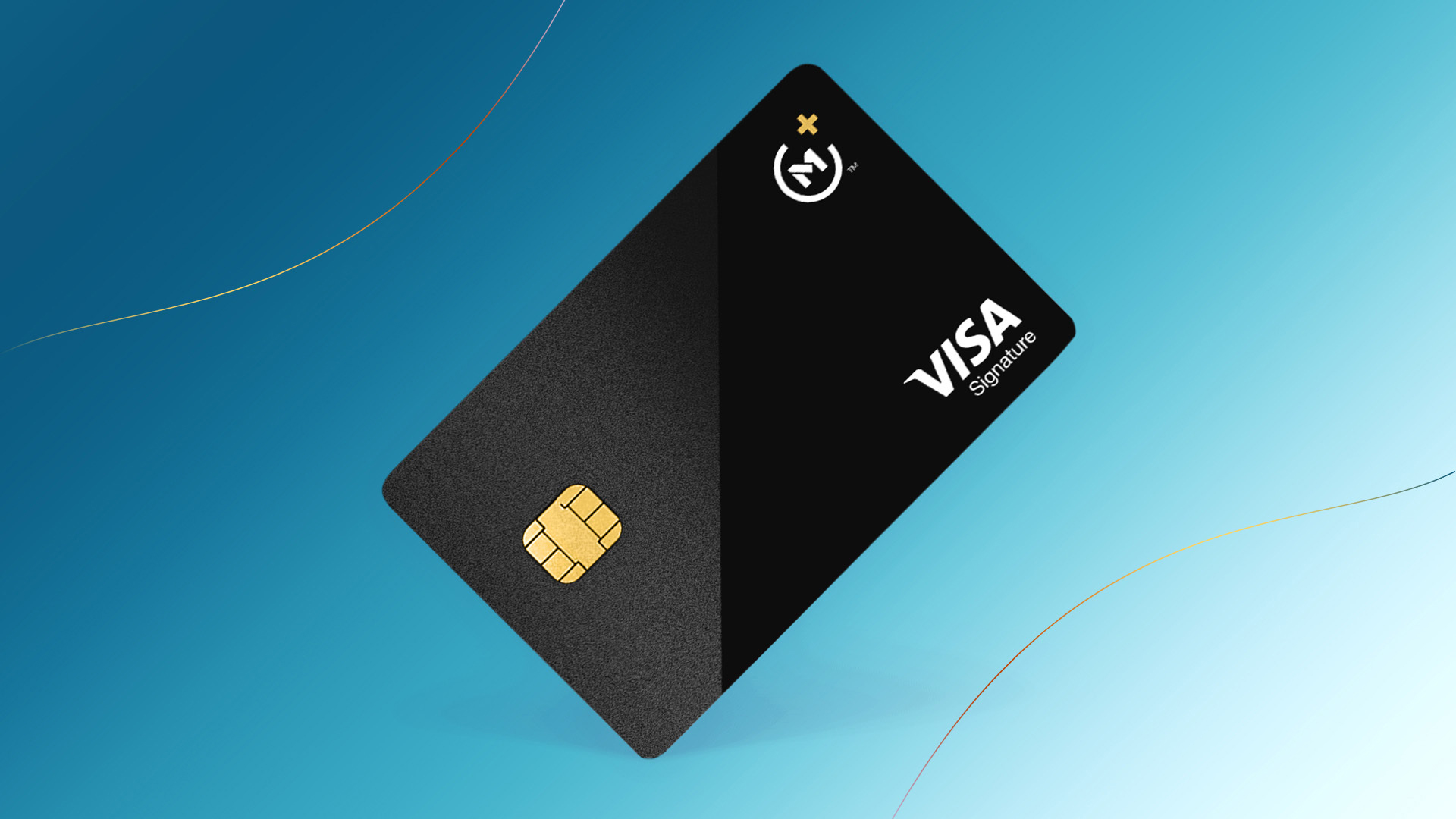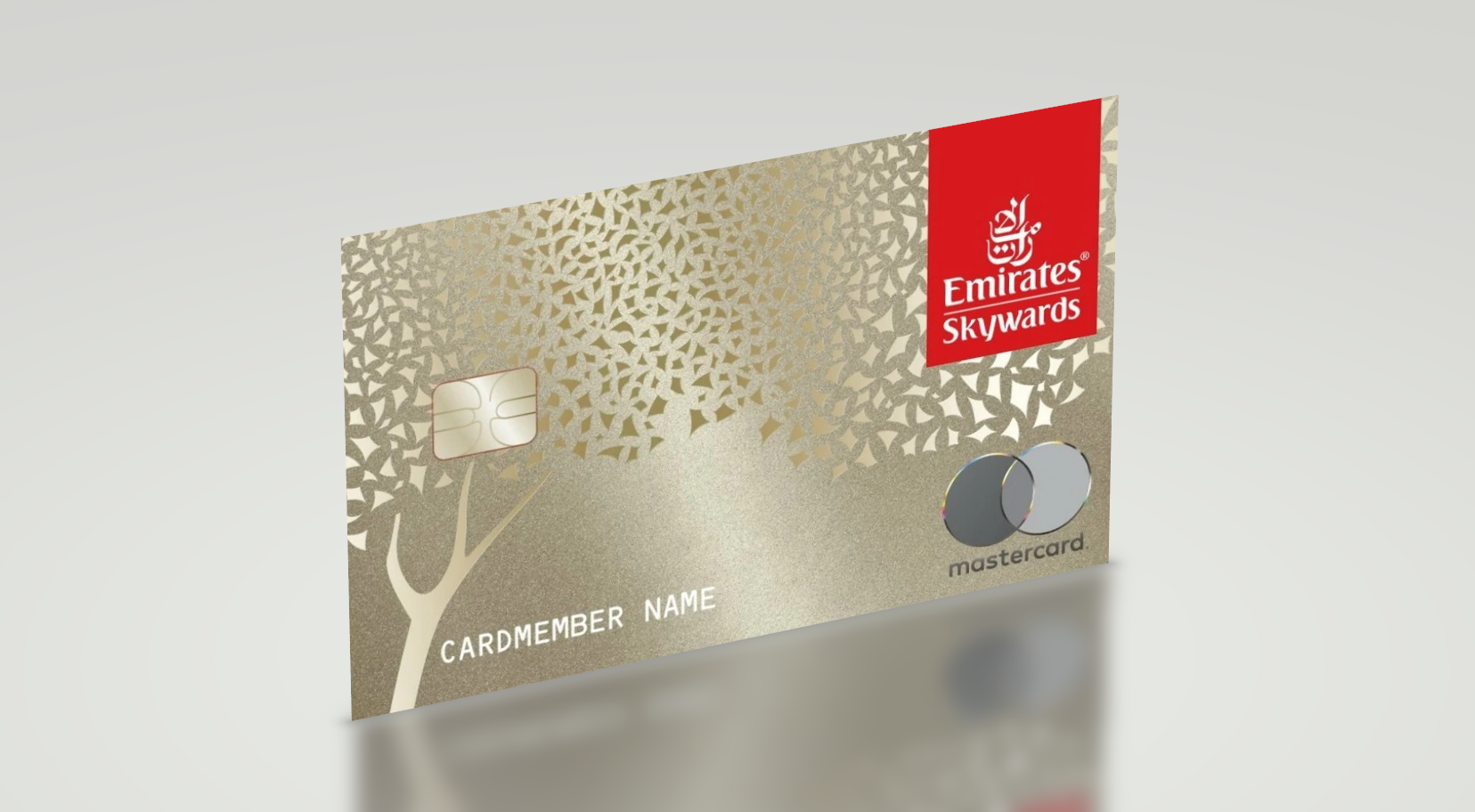How to Choose the Ideal Credit Card for Your Financial Needs

Evaluating Your Credit Card Options
Making a thoughtful choice when it comes to selecting a credit card can have a significant influence on your overall financial well-being. With an abundance of options in the market, it becomes imperative to scrutinize the various features and determine which align closely with your individual lifestyle and spending habits. This article will delve deeper into the essential factors to consider, ensuring you make a well-informed decision.
Rewards Programs
One of the most attractive aspects of credit cards is the rewards programs they offer. These programs can provide substantial benefits, such as points, cash back, or travel miles, depending on how you usually spend. For instance, if you frequently dine out, seeking a card that provides higher cash back rates on restaurant purchases could be particularly advantageous. If you are a frequent traveler, cards that offer air miles and bonus points for booking hotels or flights could amplify your travel experiences significantly.
Understanding the value of rewards is essential—some cards might offer a flat rate on all purchases, while others might give you tiered rewards that escalate based on specific categories. It’s advisable to evaluate how these rewards can be maximized based on your daily lifestyle, ensuring they translate into real-world benefits.
Annual Fees
Another critical aspect to consider is the annual fee associated with the credit card. Some cards with extensive rewards may charge higher annual fees. It is vital to assess whether the rewards and benefits you gain from the card justify the cost. For example, a credit card with a $550 annual fee may offer extensive travel perks or rewards that exceed that cost, while another card with no annual fee may not provide significant benefits. Always conduct a cost-benefit analysis to ascertain which option is financially sound for your situation.
Interest Rates
Interest rates, reflected by the APR (Annual Percentage Rate), also play a fundamental role in credit card selection. When comparing cards, pay close attention to the APR alongside any promotional offers, particularly if you anticipate carrying a balance. A lower APR can save you from accumulating high interest on outstanding balances, leading to better management of your financial obligations. Keep in mind that some cards may offer 0% introductory APR for a specified period, which can be harnessed to make larger purchases without immediate interest costs if managed responsibly.
Aligning with Financial Goals
It is essential to contemplate your personal financial goals and preferences while selecting a credit card. For example, if your primary objective is to travel frequently, you might prioritize cards that offer extensive travel rewards and benefits such as free checked bags, airport lounge access, or no foreign transaction fees. Alternatively, if you prefer to minimize costs while managing existing debts, selecting a card with a lower interest rate should take precedence. The decision hinges on your unique needs and financial aspirations.
Informed Decision-Making
In the highly competitive credit card landscape, making a calculated and informed choice can lead to improved financial outcomes over time. By closely assessing your personal needs against available credit card offerings, you will not only enhance your financial experience but also lay the groundwork for effective budgeting and savings in the long run. Ultimately, the right credit card should complement your financial strategy, providing both flexibility and benefits that align with your lifestyle choices.
DISCOVER MORE: Click here to learn how companies can tackle environmental risks
Key Factors to Consider in Credit Card Selection
As you embark on the journey of choosing the ideal credit card, understanding the various factors that contribute to a well-suited selection is crucial. Here, we will explore several key components that play a significant role in aligning credit card features with your unique financial requirements.
Credit Card Types
One of the first steps in selecting a credit card is to familiarize yourself with the different types available in the market. The main types of credit cards include:
- Rewards Credit Cards: These cards earn points, cash back, or miles based on your spending patterns, rewarding you for your everyday purchases.
- Low-Interest Credit Cards: This option is suitable for individuals who may need to carry a balance, as they usually have lower ongoing interest rates.
- Balance Transfer Cards: If you have existing credit card debt, these cards often offer promotional 0% APR on balance transfers, allowing you to pay down debt without accruing interest.
- Secured Credit Cards: Designed for individuals building or rebuilding credit, secured cards require a cash deposit as collateral, making them a viable option for those with low credit scores.
- Student Credit Cards: Aimed at college students, these cards come with lower credit limits and may offer rewards and incentives for responsible spending.
Identifying which type of card aligns with your financial habits and needs is essential in narrowing down your options.
Your Credit Score
Your credit score plays a pivotal role in determining which credit cards are available to you. A higher credit score generally opens the door to cards with better rewards and lower rates. It’s advisable to review your credit report and know your credit score before applying for a card. Different credit card issuers have varying criteria for approval, so knowing your score can help you avoid unnecessary hard inquiries, which could negatively impact your credit further. If your credit score is not as high as you’d like, consider focusing on ways to improve it, such as paying down existing debts or ensuring timely bill payments.
Additional Card Benefits
Beyond rewards, annual fees, and interest rates, many credit cards come with a variety of additional benefits that can enhance their value. Common perks include:
- Travel Insurance: Some cards offer trip cancellation insurance or coverage for travel delays, making them ideal for frequent travelers.
- Purchase Protection: This feature reimburses you for lost or stolen items purchased using the credit card.
- Extended Warranty: Many credit cards extend the manufacturer’s warranty, providing an extra layer of security on your purchases.
- Fraud Protection: Look for cards that offer robust security features to protect you against unauthorized transactions.
These additional benefits can significantly enhance the value of a credit card, making it a worthy consideration during your selection process.
By thoroughly evaluating credit card types, understanding your credit score, and considering additional benefits, you will be better equipped to make a decision that aligns with your financial goals and lifestyle. The key to selecting the right card is to focus on what you genuinely need from your credit card in order to maximize its advantages and minimize potential drawbacks.
DISCOVER MORE: Click here to uncover the effects of interest rates on business investment
Evaluating Card Terms and Conditions
Once you have identified the type of credit card that suits your financial needs and have assessed your credit score, the next step is to carefully evaluate the terms and conditions associated with each potential card. Understanding these terms is essential to avoid surprises down the road and to ensure that the card aligns with your spending habits.
Annual Percentage Rate (APR)
The APR is one of the most critical factors to consider when selecting a credit card. The APR signifies the annual cost of borrowing on the card and can vary significantly depending on the credit card issuer and your creditworthiness. Cards with promotional or introductory rates may offer 0% APR for a limited time, which can be beneficial for balance transfers or larger purchases. However, it is crucial to note when this promotional period ends, as the subsequent APR can dramatically increase your repayment burden. Always compare the standard APR after any promotional period, as well as the potential for rate changes, especially if you consider carrying a balance over time.
Fees and Charges
Understanding the various fees associated with a credit card is crucial in evaluating its overall cost. Common fees include:
- Annual Fee: Some credit cards charge an annual fee for membership, which can range from zero to several hundred dollars. Consider whether the rewards and benefits justify the cost.
- Foreign Transaction Fees: For those who travel abroad, ensure your card does not impose high fees on foreign purchases. Some travel-oriented cards waive these fees altogether.
- Cash Advance Fees: If you anticipate needing cash from your card, be aware that cash advances incur fees and typically higher interest rates.
- Late Payment Fees: Payment deadlines are crucial; missing them can result in significant penalties and may also negatively impact your credit score.
Analyzing these fees in the context of your expected usage of the card will help you understand its true cost and avoid unnecessary expenses.
Rewards Program Structure
If you opt for a rewards credit card, it is essential to grasp how the rewards program functions. Each rewards program can vary in terms of how points or cash back are accrued and redeemed. Consider the following:
- Point Accumulation: Some cards offer a flat rate on all purchases, while others provide categories with higher earning rates, such as dining or travel.
- Redemption Options: Review how rewards can be redeemed, whether for travel, merchandise, statement credits, or gift cards. Ensure that redemption methods suit your lifestyle.
- Expiration of Rewards: Check if and when rewards expire, as some programs may have time limits that could affect your ability to use accrued rewards.
A well-designed rewards structure should align with how you naturally spend, maximizing the benefits you can receive from your card.
Customer Service and Support
Lastly, the level of customer service provided by the credit card issuer cannot be overlooked. Assess the support options available, such as online chat, phone support, or mobile applications. Quality customer service becomes invaluable in situations such as reporting fraudulent transactions, managing payments, or understanding billing statements. Researching customer reviews and ratings can provide insight into the reliability and responsiveness of the issuer’s support teams, which can significantly impact your experience and satisfaction with the credit card.
By meticulously evaluating APR, fees, rewards program structures, and customer service, you can narrow down your choices to the credit card that best fits your financial landscape and lifestyle. This attention to detail will ultimately lead to a more informed decision that supports your overall financial well-being.
DISCOVER MORE: Click here to learn how to apply
Conclusion
In summary, choosing the ideal credit card for your financial needs requires a multifaceted approach that considers various factors, including your spending habits, credit score, and the specific terms associated with each card. By first identifying the type of card that aligns with your lifestyle—be it a rewards card, a cash-back option, or a low-interest card—you set the foundation for making an informed choice.
Moreover, understanding the Annual Percentage Rate (APR) is essential, as it directly affects the cost of carrying a balance. It is critical to pay close attention to both introductory rates and standard APRs to avoid unexpected expenses. Additionally, evaluating the fees and charges assessed by the card can help you calculate the total cost of ownership, ensuring that there are no hidden surprises that could derail your financial plans.
Furthermore, a well-structured rewards program can enhance the value you gain from your card, making it vital to assess how rewards are earned and redeemed relative to your spending patterns. Finally, consider the level of customer service offered by the card issuer, as responsive and accessible support can significantly enhance your experience over time.
Ultimately, a thorough evaluation of these elements will empower you to select a credit card that meets your unique financial circumstances and helps you achieve your financial goals while maximizing rewards and minimizing costs. Taking the time to do your research will pay off in the long run, fostering a relationship with your credit card that supports your overall financial health.


